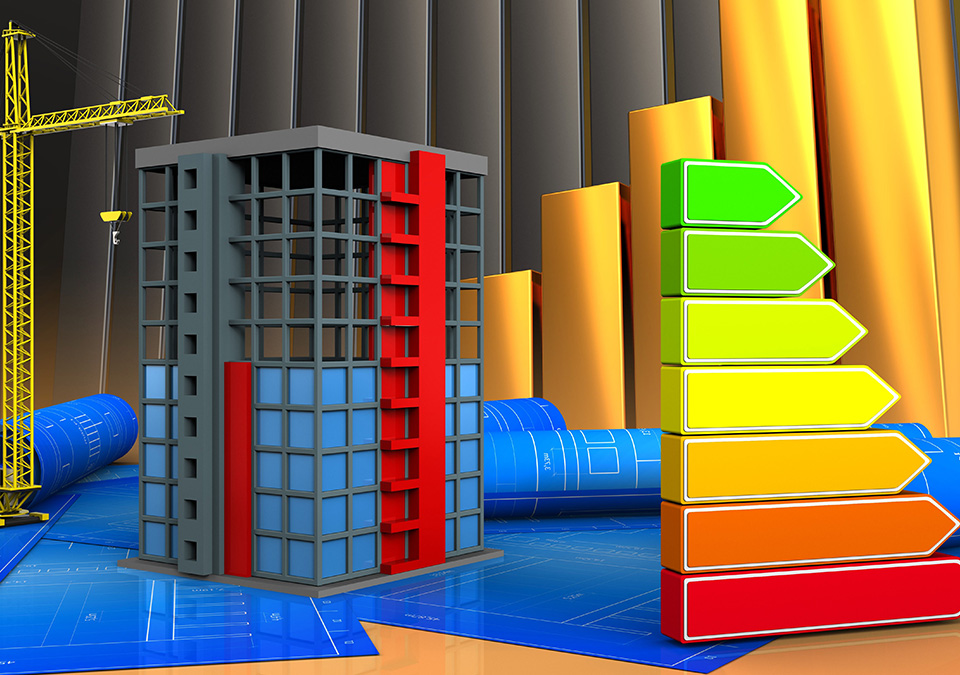
EPC assessors increased by 30%
October 11, 2023
Amendments to current legislation to strengthen the liability and insurance obligation in construction sites in the interest of third parties and employees
February 23, 2024The Energy Performance of Buildings (Amendment) Regulations, 2023, which were published on the 22nd December 2023 in part seek to provide additional clarity and detail to specific aspects outlined in the Energy Performance of Buildings Regulations (S.L. 623.01). This initiative aligns with the implementation of Directive (EU) 2018/844 of the European Parliament and the Council, dated 30 May 2018, which introduced amendments to Directive 2010/31/EU on the energy performance of buildings and Directive 2012/27/EU on energy efficiency. Furthermore, the regulations aim to offer further clarification on certain provisions of Directive 2010/31/EU of the European Parliament and the Council, dated 19 May 2010, pertaining to the energy performance of buildings (recast). Additionally, the regulations are designed to elaborate on specific provisions within the primary regulations, S.L. 623.01, particularly with an emphasis on enforcement objectives.
The amending regulations also look to implement new minimum energy performance and building envelope requirements and technical building system requirements for buildings being built or renovated as of 1 July 2024. This serves several vital objectives. Firstly, it aims to enhance energy efficiency by setting specific performance targets, reducing energy consumption and waste, resulting in significant cost savings for building owners and occupants over time, while also lessening the environmental impact. Secondly, these requirements promote environmental sustainability by encouraging the use of renewable energy sources and reducing dependence on fossil fuels, contributing to carbon emission reduction, and aligning with broader sustainability goals. They also play a crucial role in mitigating climate change by minimising greenhouse gas emissions from buildings. Cost savings are another key benefit, as reduced energy consumption leads to lower utility bills, creating economic incentives for energy-efficient measures and improving indoor environmental quality for occupants. Additionally, these requirements enhance energy security, encourage market transformation, and drive innovation, fostering technological advancements and economic growth. Finally, the regulatory framework provided by these requirements ensures consistent implementation and enforcement, promoting compliance and accountability in the construction industry.
Regulations 2 to 4 provide new minimum energy performance and building envelope requirements as well as technical building system requirements by way of Technical Document F (2023). This comprises three documents, each serving specific purposes. Part 1 sets requirements for the overall energy performance and building envelope of new residential buildings and those undergoing renovation. Similarly, Part 2 establishes requirements for the overall energy performance and building envelope of new non-residential buildings and those undergoing renovation. Lastly, Part 3 focuses on requirements for technical building systems in all buildings.
With the introduction of the new requirements, certain non-residential building typologies that previously lacked an overall energy performance requirement will now have one. This inclusion aims to ensure that energy performance considerations are applied across a wider range of buildings. Moreover, the overall energy performance requirements for new residential buildings and major renovation projects have been set at significantly more ambitious levels, further driving energy efficiency improvements. Recognising the cost-effectiveness of solar renewable energy sources in all buildings, new constructions with solar potential will be mandated to incorporate solar renewables. This approach aims to promote the adoption of clean and sustainable energy sources, thereby reducing emissions and enhancing energy efficiency. It is important to note that buildings without solar potential, while not subject to the specific solar integration measure, are still obligated to meet the specified minimum energy performance requirements. Despite lacking solar potential, these buildings will be held to higher energy performance standards compared to the existing requirements currently in place. In addition to the overall energy performance enhancements, the requirements for specific building elements have been made stricter. This includes aspects such as insulation, windows, HVAC systems, and other elements that have a direct impact on energy consumption. Strengthening these requirements ensures greater energy efficiency and improved performance of building elements. Furthermore, improvements have been made to the energy performance of building systems, including boilers, heat pumps, and lighting systems. These enhancements aim to optimise the energy efficiency and functionality of these systems, leading to reduced energy consumption and improved overall building performance.
Regulations 2, 3 and 4 of the amending regulations shall come into force on 1 July, 2024 whilst the rest of these regulations have come into force. The new Document F is located on our website under the heading Guidance Documents. The Building and Construction Authority may be contacted on 20955000 or (info@bca.org.mt).


